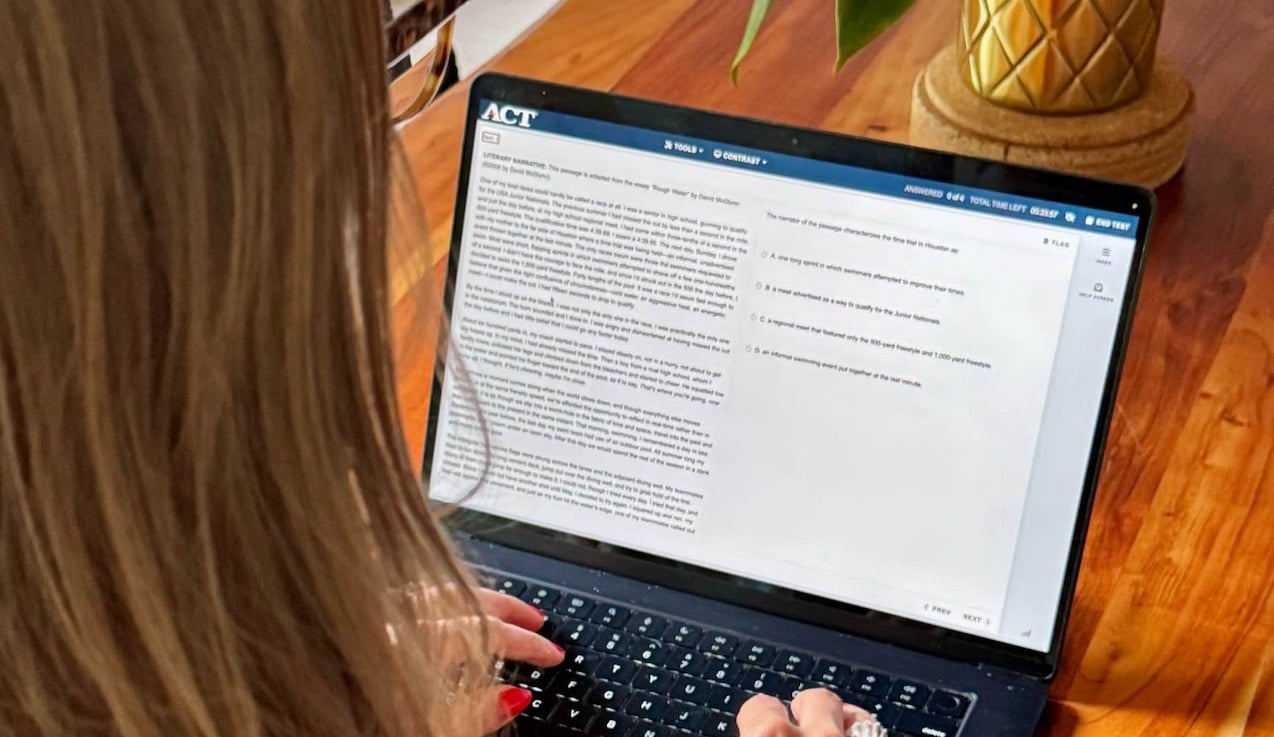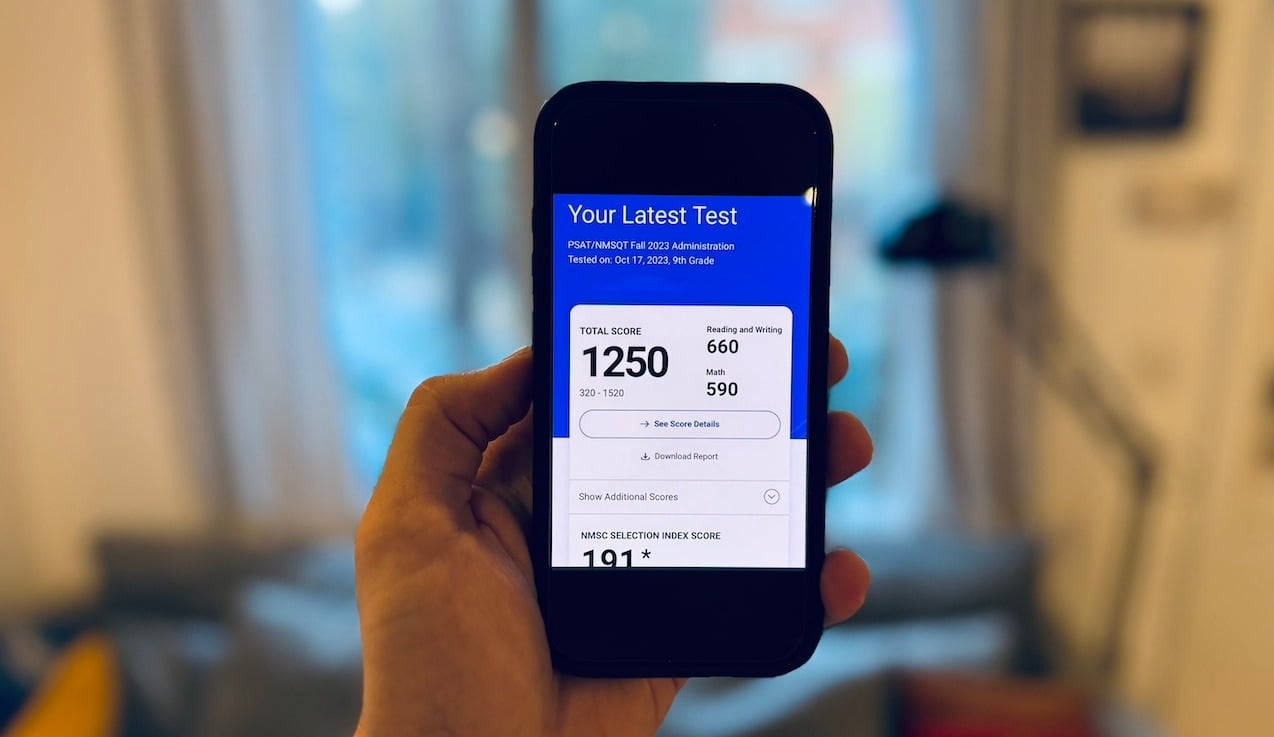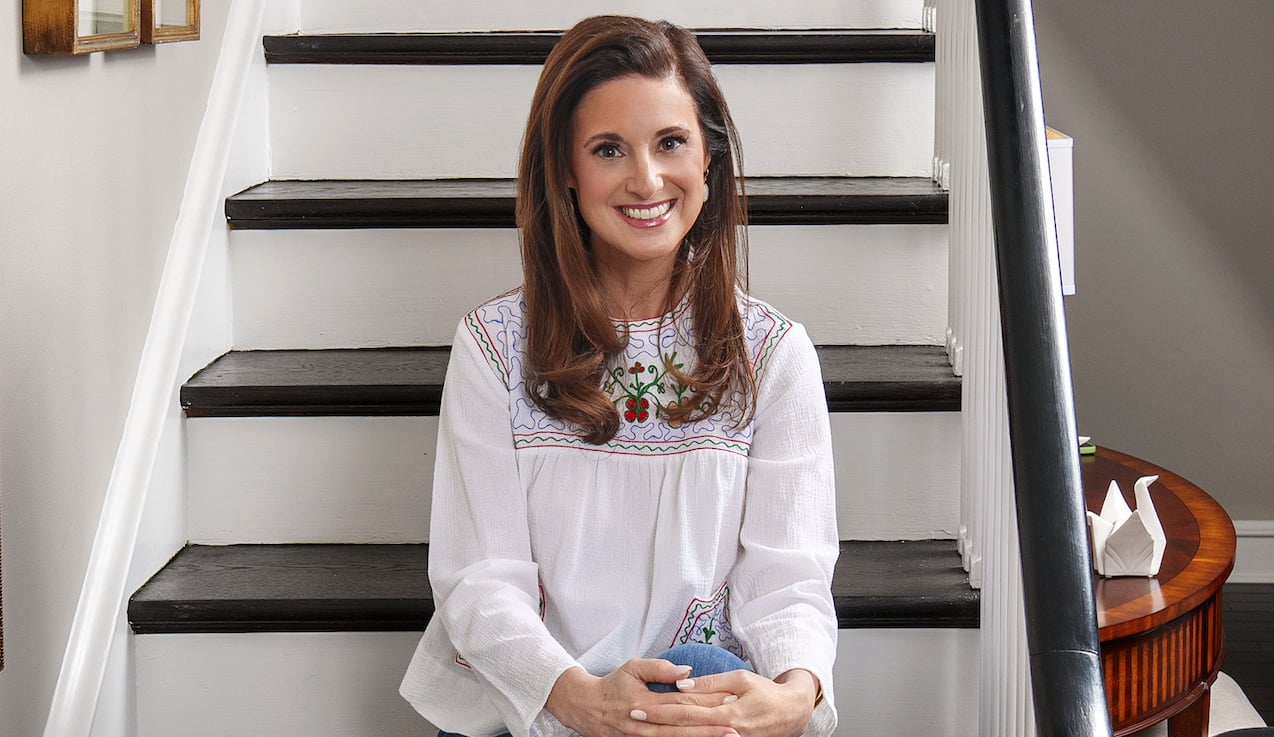Last week, the College Board unveiled at-home online standardized test-taking with Advanced Placement exams.
With many students unable to take the SAT or ACT over the past several months due to COVID-19 and testing cancellations, they looked to these AP exams as a way to ensure that they would have some test scores to show for their hard work this year. What thousands of students have experienced over the last week is nothing short of a testing disaster. Students reported widespread technical issues submitting their work, making their exams void.
When affected students tried to seek help as time ticked away on their exams, the College Board turned its back on them. Parents reported being on hold for several hours and never getting through to a real person to find out how to resolve these issues. Instead, students were given two options: either retake the test in June or throw all of their studying, investment, and time down the toilet.
This is especially distressing for students. Their school year ended abruptly. They no longer see their friends and extended family. All of their activities came to a halt. And many haven't been able to take the all-important SAT or ACT to be able to apply to most colleges. The value of AP exams rose significantly as COVID-19 cancelled spring testing for the SAT and ACT. Students believed that the AP exams were their last resort, and the College Board knew how much students were relying on these exams.
RELATED READING: A Plan for Standardized Tests in the Time of Coronavirus
Students studied endlessly for months. They read all of the instructions on how to take these online exams. They did everything right. Yet the College Board delivered an untested test to our kids and took advantage of them in their most vulnerable state to profit during an unprecedented crisis, a global pandemic.
Rattled and dismayed, students tried to regroup quickly as many of them had another AP exam coming up—sometimes hours after an unsuccessful exam. Students were at their breaking point. They needed the College Board to make things right. Many of the students took pictures and videos of their work with time stamps to prove that they had completed the exam in the designated time. The College Board did not budge. It claimed that only 1-2% of test-takers had technical issues taking at-home AP exams. It was not until a full week of AP exams had passed before the College Board offered a secure email for students to send their responses to exam questions in case there were technical difficulties. This went into effect this week, leaving those who had issues last week with no recourse or solution.
The College Board claims on its website to connect "students with college success." The irony of that mission speaks to the many lies it has told for decades. The College Board also purports to be "non-profit," but it has built its platform on profitability. When millions of decisions are riding on objective results, it must own up to its real interests in making money for itself. In recent years, the College Board has made over 1 billion dollars in revenue per year (yes, that's billion with a "B"), with compensation for the organization's executives topping out at a cool $6 million per year. Does this sound like a simple non-profit to anyone?
In the weeks leading up to the AP exams, there were growing concerns about the College Board's brazen timing, preparedness, and lack of sensitivity that all interested students would be able to take these exams at-home without any issues. The testing giant forged ahead knowing that it would lose millions of dollars if it had to refund all of the students who registered to take the test back in the fall. AP exams have become a stalwart money-making enterprise despite the fact that they are not even required for college admission.
READ MORE: Friendly Reminder: AP Stands for Advanced Placement, Not College Admissions
The College Board gets an "F" or dare I say a "1" on the AP scale for at-home online exams. Its greed and arrogance are shameful, and this blog shall serve as a public denouncement for its actions. Not only did the College Board profit on an untested test, it failed to protect and support our children. That is called negligence where I am from, and it's no wonder the College Board was just slapped with a class-action lawsuit over this disheartening fiasco.












